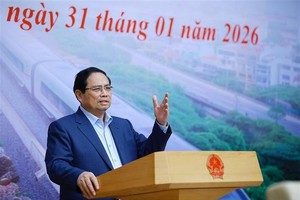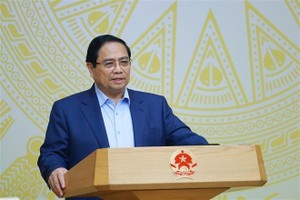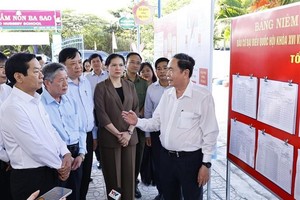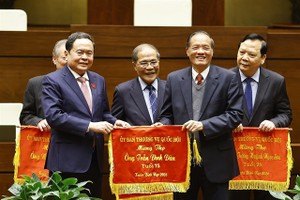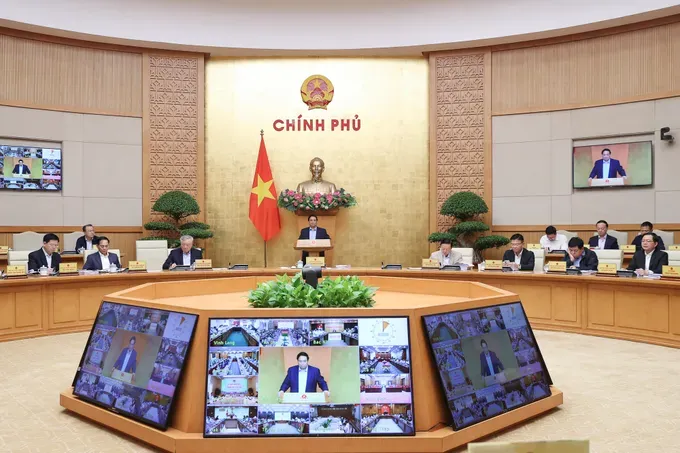
According to the minister, the economy and society continue to achieve comprehensive results. In the first ten months this year, the consumer price index (CPI) rose 3.27 percent year-on-year; credit expanded by 20.69 percent; and state budget revenue reached more than VND2.18 quadrillion or 111 percent of the annual estimate, up 30.8 percent from the same period last year. Energy and food security remained stable, fiscal deficit and public debt were well controlled, registered FDI exceeded US$31.5 billion (up 15.6 percent), trade surplus neared US$19.5 billion, and international arrivals reached 17.2 million (up 21.5 percent).
However, Minister Nguyen Van Thang cautioned that the growth mission for 2025 faces significant challenges. He urged ministries and localities to act decisively, with priorities including maintaining macroeconomic stability, controlling inflation, ensuring major economic balances, improving institutions and administrative procedures, addressing disaster impacts, supporting citizens and businesses, boosting investment and consumption, and effectively implementing the two‑tier local government model.
Prime Minister Pham Minh Chinh acknowledged that despite difficulties, the economy shows positive momentum—each month better than the last, and the first ten months outperforming the same period in 2024 across most sectors. Yet he noted persistent weaknesses such as monetary policy management, volatility in gold and real estate prices, difficulties in certain industries, obstacles in local government operations, and severe natural disasters disrupting production and livelihoods.
The Prime Minister called on delegates to analyze both internal and external causes, draw lessons, forecast new developments, and identify key tasks—particularly stabilizing the macroeconomy, controlling inflation, promoting growth, implementing Party resolutions, and ensuring smooth operation of the two-tier local government model.

